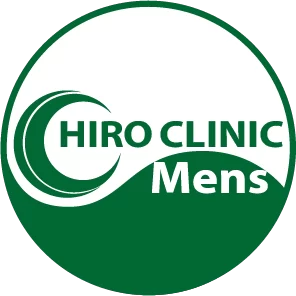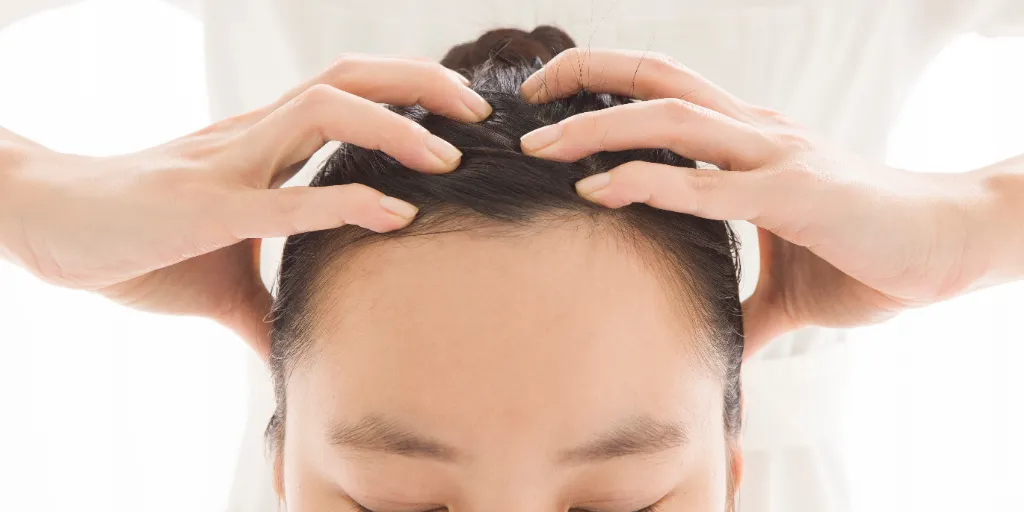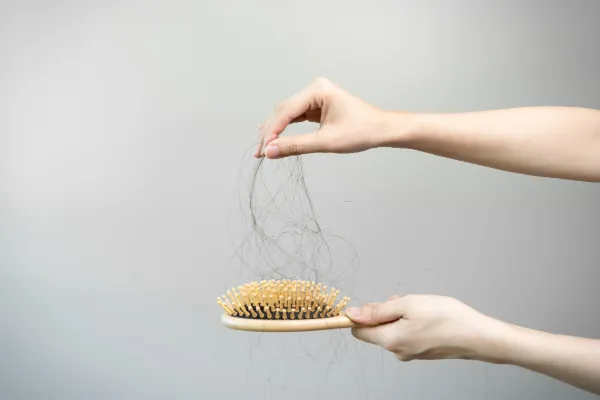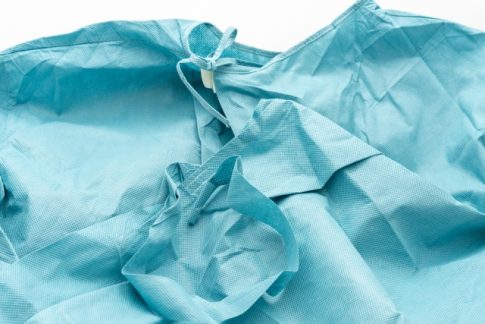この記事の概要
Hair transplant surgery is an effective way to provide natural hair regrowth for people suffering from thinning or balding hair. However, care of the donor area (the area from which hair is harvested) is also very important to maintain the health of the transplanted hair. This article details how to care for the donor area and maintain its long-term health after hair transplant surgery.
Basic care of the donor area after hair transplant surgery
1. Immediate Postoperative Care
Early care of the donor area is important for a successful surgery and a quick recovery.
Keep it clean: Keeping the donor area clean will reduce the risk of infection. Follow the cleaning instructions given to you by your doctor.
Avoid excessive friction: Be careful to avoid excessive touching or rubbing of the donor area. This is especially important in the weeks following surgery.
Proper Moisturization: To prevent the donor area from drying out, you need to keep it properly moisturized. Use a moisturizer prescribed by your doctor.
2. Daily care
Care of the donor area will continue for several weeks after surgery.
Gentle Shampoo: Use a gentle shampoo on the donor area to avoid over-irritation.
Activities to avoid: It is recommended to avoid strenuous exercise or activities that cause excessive sweating as they may put strain on the donor area.
Long-term health care
1. Regular check-ups
Regular check-ups with your doctor will allow us to monitor the health of the donor area and provide any necessary care.
Annual check-ups: See a specialist once a year to check the condition of the donor area and the transplant site.
2. Use the right hair care products
The use of proper hair care products is important to maintain the health of the donor area and the transplanted hair.
Non-irritating shampoo: Choose a fragrance-free, mild shampoo that is gentle on your scalp.
Conditioner: Use a good conditioner to keep your scalp and hair moisturized.
3. Healthy lifestyle
Hair health is closely related to the health of the whole body. Try to follow these lifestyle habits:
Eat a balanced diet: Eat a diet rich in vitamins, minerals and proteins to provide the nutrients your hair needs for healthy hair.
B Vitamins: Promote hair growth. Found in eggs, nuts and whole grains.
Iron: Promotes blood circulation and keeps hair healthy. Found in red meat, spinach and legumes.
Moderate exercise: Engage in moderate exercise to improve circulation and maintain overall health.
Get enough sleep: Make sure you get enough sleep as lack of sleep can have a negative impact on the health of your hair.
4. Scalp massage
Scalp massage increases blood circulation and aids in hair growth.
Massage regularly: Use the pads of your fingers to gently massage your scalp. Doing this a few times a week will improve blood circulation and promote healthy hair.
5. Stress management
Stress can have a huge impact on the health of your hair, so adopt good stress management methods.
Relaxation techniques: Implement relaxation techniques such as yoga, meditation and deep breathing to reduce stress.
Enjoy a hobby: Find a hobby or thing you enjoy and make time to relax.
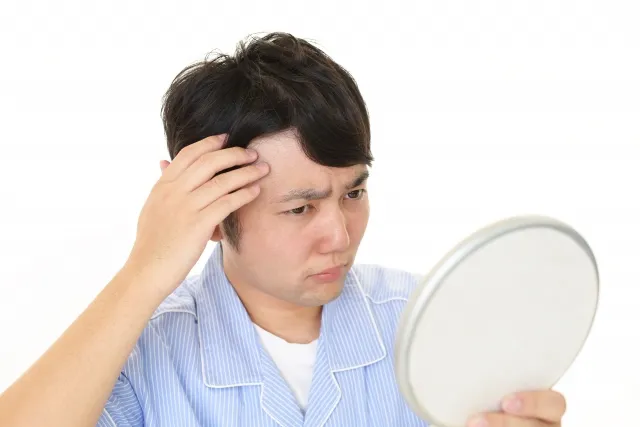
Possible problems in the donor area and countermeasures
1. Infectious diseases
Infections can occur in the donor area. Watch out for the following symptoms and treat them early:
Redness or swelling: If you notice any unusual redness or swelling in the donor area, this could be a sign of infection.
Pain or heat: Severe pain or heat can also be a sign of infection.
What to do: If you experience any of these symptoms, consult a doctor immediately and get proper treatment.
2. Scar
Scarring may be noticeable, but with proper care it is possible to reduce the appearance of scarring.
Scar treatment creams: Use scar treatment creams as directed by your doctor.
Laser treatment: If scarring is noticeable, you may want to consider laser treatment.
Summary
Caring for the donor area after hair transplant surgery is crucial to maintaining the health of the transplanted hair. Proper care, from basic care immediately after surgery to lifestyle habits for long-term health, will help keep the donor area healthy and help the transplanted hair take root . Regular check-ups with your doctor and a healthy lifestyle will help maintain the long-term health of your hair.
